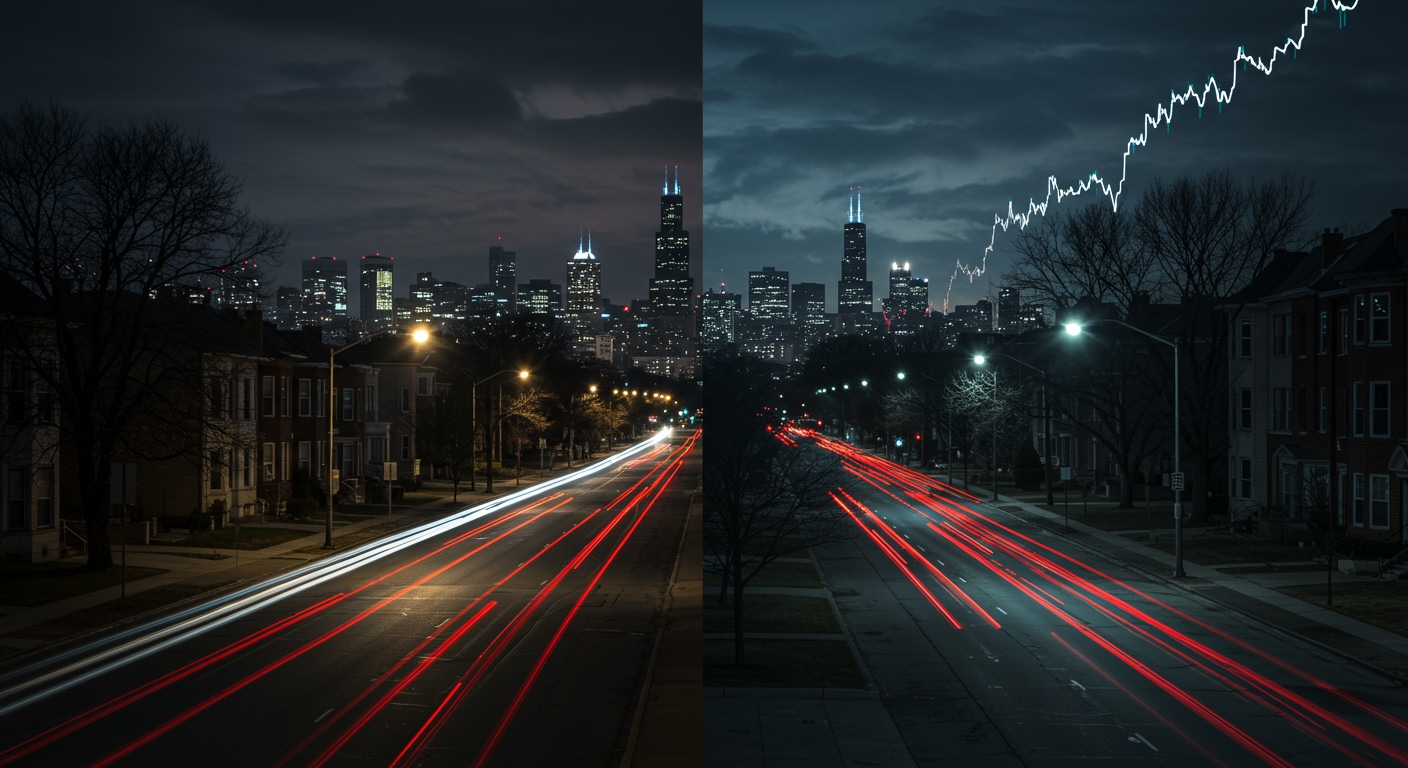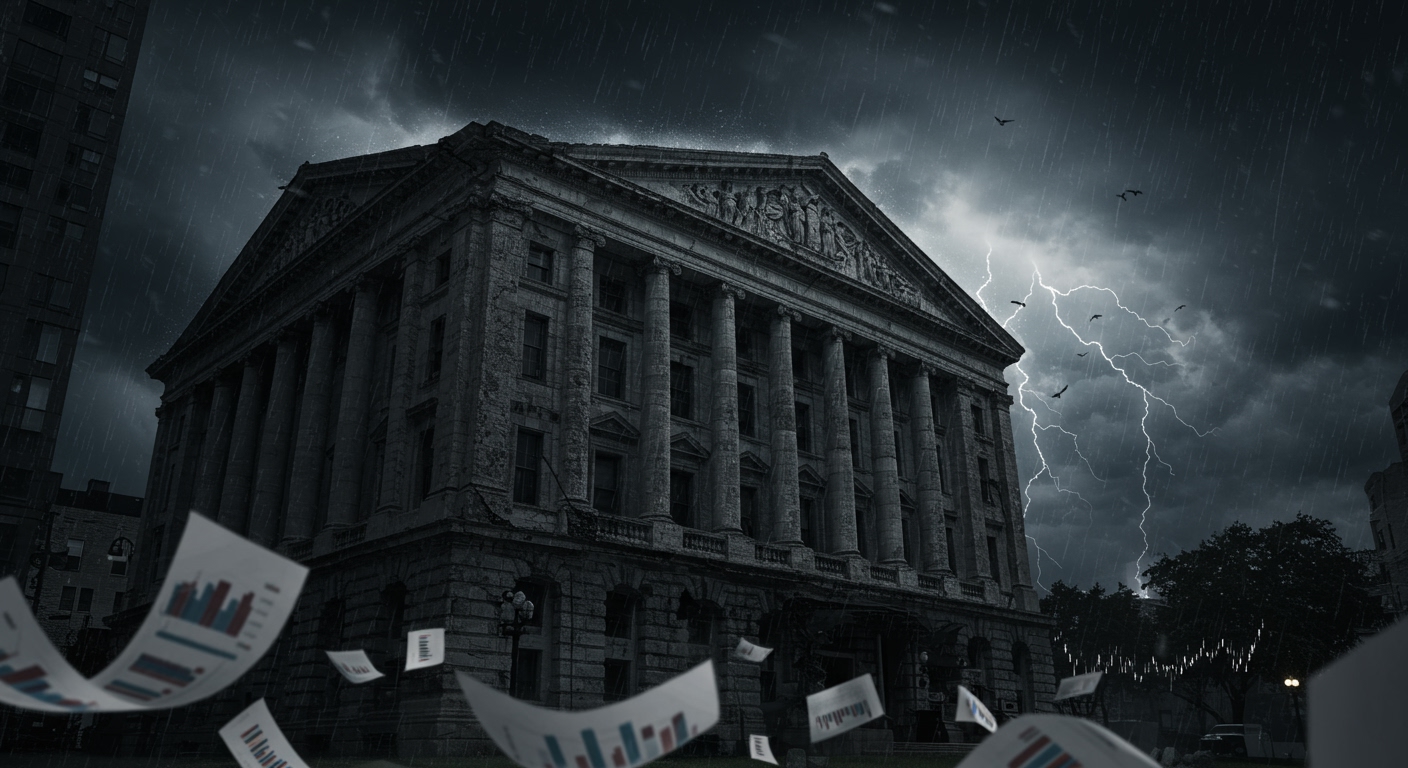The Chicago Sun-Times Editorial Board has issued a strong public stance, publishing a prominent editorial today that unequivocally urges voters to cast a ‘No’ ballot on Referendum 4B. This measure, slated for inclusion in the upcoming April 1 consolidated election, proposes the establishment of a new property tax levy specifically designated to fund the construction of a proposed downtown sports complex. The editorial board’s position highlights significant concerns regarding the financial implications for residents, the transparency surrounding the proposal, and the perceived beneficiaries of the project.
Details of Referendum 4B and Fiscal Concerns
Referendum 4B seeks voter approval to authorize the city to levy a dedicated property tax to support the development of a new sports facility in the downtown area. According to projections cited in the editorial, this new tax would impose an additional cost of approximately $350 annually on the owner of a home valued at $300,000. The Sun-Times Editorial Board forcefully argued that this financial burden is unfairly placed upon city taxpayers, particularly when considering that the primary beneficiaries of such a development appear to be private entities. The editorial specifically referenced the “Riverfront Arena LLC” project, suggesting that the referendum’s structure disproportionately favors private developers and investors rather than the broader public interest.
The board’s critique extended to the perceived lack of transparency surrounding the referendum and the planning process for the sports complex. They asserted that the proposal, as presented to voters, fails to provide sufficient detail regarding the long-term financial commitments and operational risks associated with the facility. This opacity, in the view of the editorial board, makes it difficult for voters to make a fully informed decision about the wisdom of taking on this new tax burden.
Scrutiny of Planning and Economic Projections
Further fueling the editorial board’s opposition were findings they cited from city planning reports. These reports, according to the Sun-Times, suggest that alternative funding mechanisms for the proposed sports complex were not fully explored or adequately vetted by city officials. The editorial implied that a rush to pursue a property tax levy through a public referendum occurred without a comprehensive analysis of other potential revenue streams or financing models that might mitigate the direct tax burden on residents.
The Sun-Times also cast doubt on the economic impact projections provided by the Mayor’s office in support of the referendum. The editorial board questioned the methodology and assumptions underpinning these projections, suggesting they may present an overly optimistic view of the potential economic benefits generated by the sports complex. They argued that relying on potentially inflated or uncertain economic forecasts is an irresponsible basis upon which to ask residents to approve a permanent increase in their property taxes. The board emphasized the importance of fiscal responsibility, concluding that, based on the available information and the structure of the referendum, a ‘No’ vote is the prudent course of action for voters prioritizing the city’s financial health and their own household budgets.
Connecting Editorial Stance to Public Sentiment
The editorial board’s strong opposition arrives amidst ongoing public debate and scrutiny regarding Referendum 4B. Over recent weeks, the city has hosted a series of public forums designed to inform residents about the ballot measure and gather feedback. These meetings have frequently seen passionate discussions, with many community members expressing reservations about the proposal.
A particularly notable meeting took place on March 10 at the South Shore Cultural Center. This forum, like others before it, became a platform for residents to voice their concerns directly. A recurring theme at the South Shore meeting, as well as in other public discussions, has been the potential regressivity of the proposed property tax levy. Community members have argued that a tax based on property values can disproportionately affect lower- and middle-income residents and seniors on fixed incomes, potentially exacerbating existing economic inequalities across the city. The concerns raised at these public forums appear to align closely with the fiscal and equity arguments articulated by the Sun-Times Editorial Board in their call for a ‘No’ vote on Referendum 4B.
By urging a rejection of the referendum, the Chicago Sun-Times Editorial Board has added significant weight to the opposition movement, framing the ballot measure as fiscally questionable and potentially harmful to city residents while benefiting private development interests. The editorial serves as a high-profile argument against the proposal as the April 1 election draws near.















